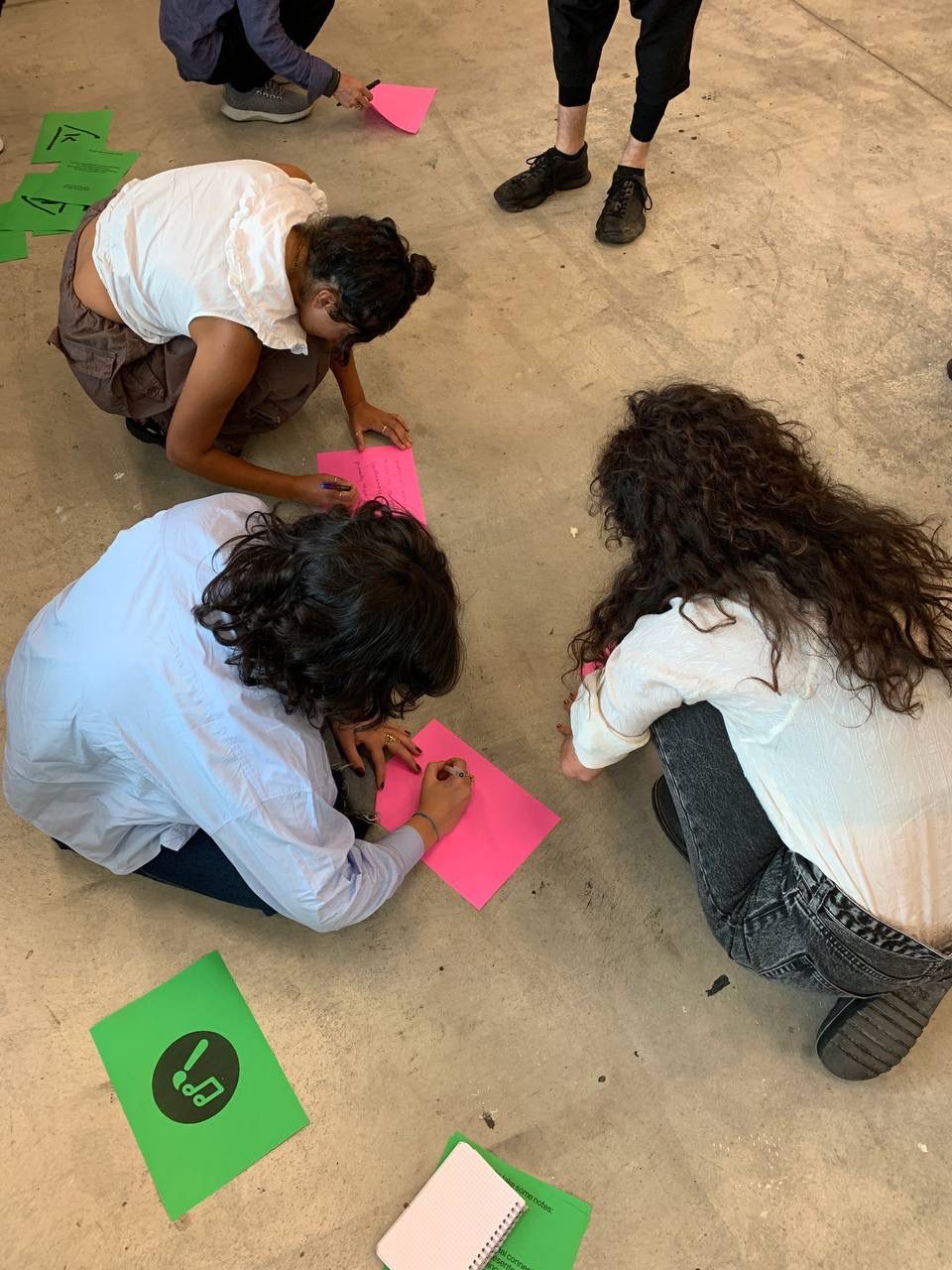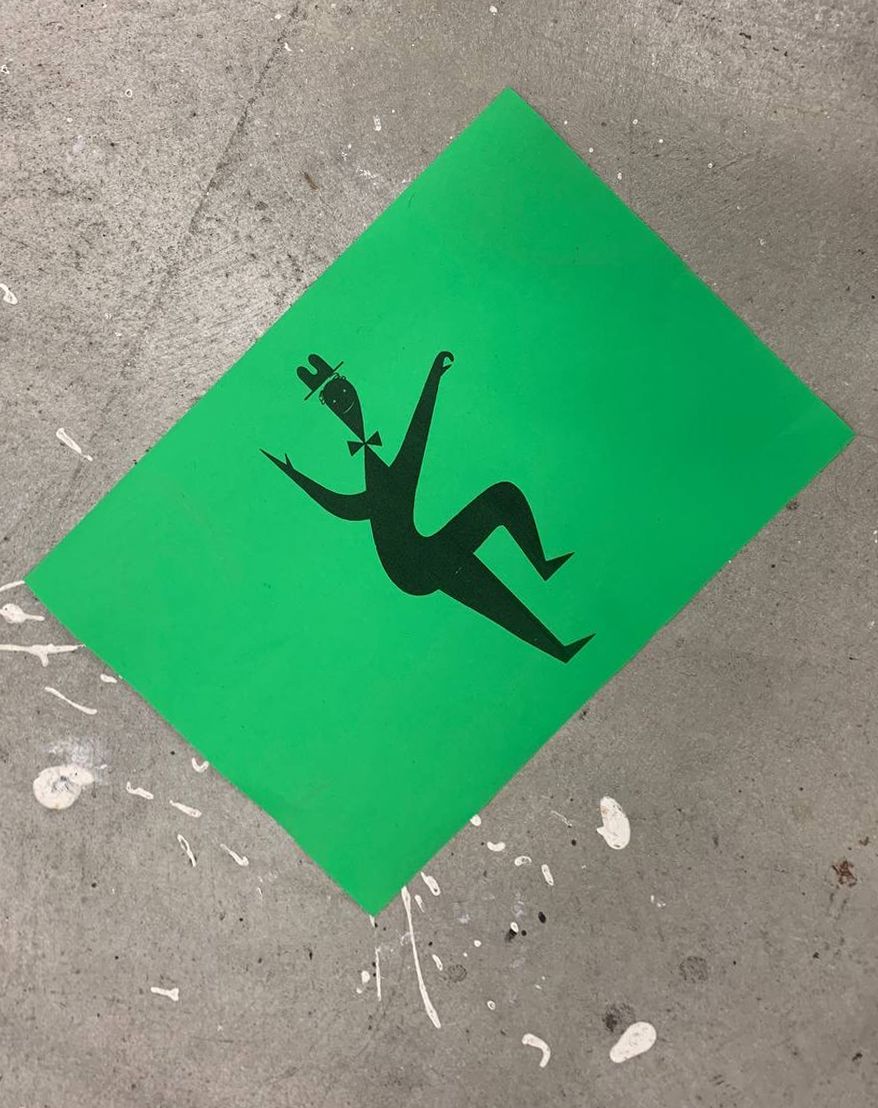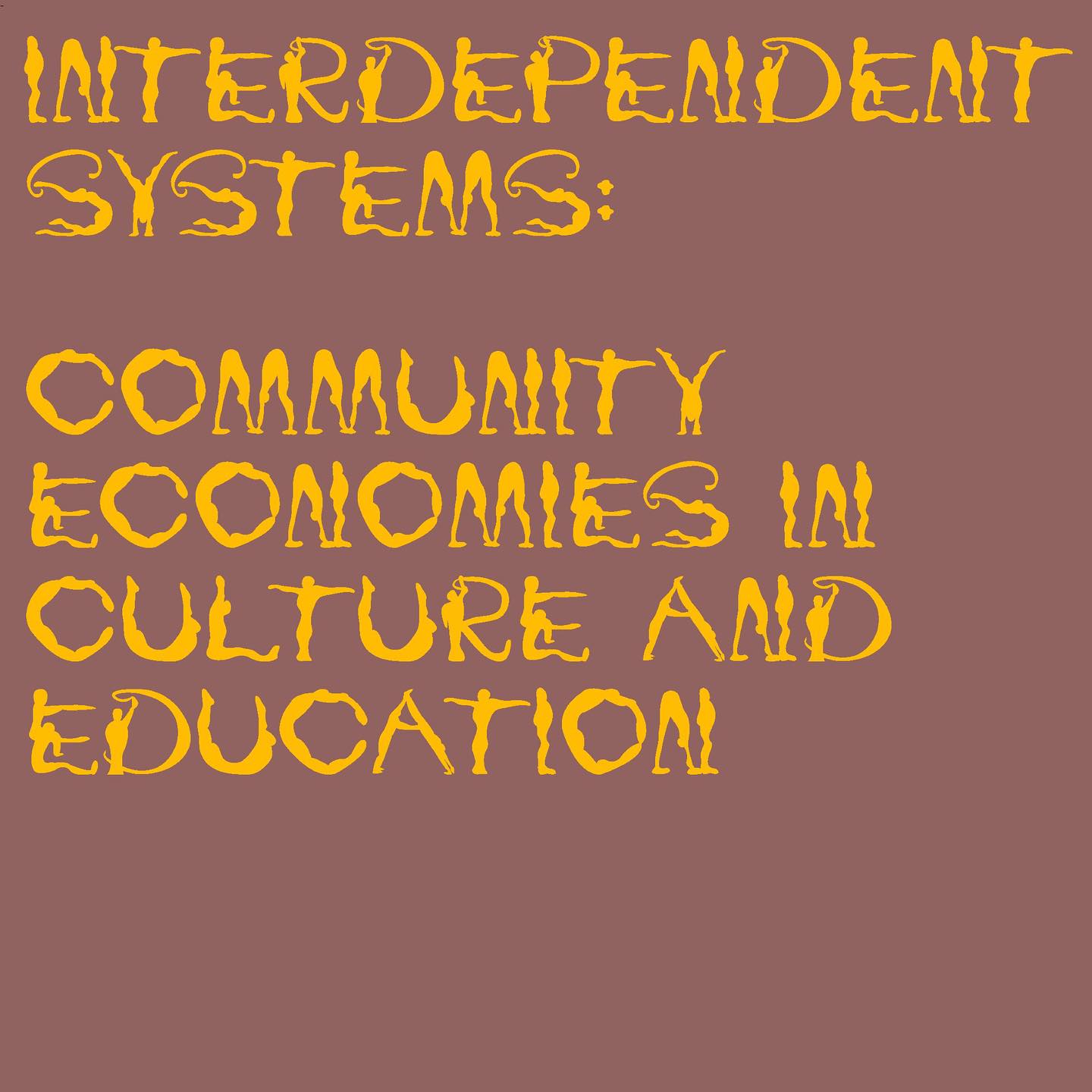Collaborating on accessible design education
As teachers at art colleges, we reflect upon the observation that academic design education is not (socially) inclusive and engendering equal opportunity but is rather characterized by both a homogeneity of the protagonists and the forms of education that this produces. Bringing together our individual and shared experiences with different formats of learning and teaching, our shared concern is to address non-homogenising forms of design education for non-homogenous groups of people, especially beyond academic qualifications and professional imaginaries.
The research project asks how accessible design education can be thought and especially, put into practice. Which frameworks does such a practice need? How do methods and curricula change in an (extra)institutional setting and what can be learned from and with existing examples? Which conditions and structures do which people need to be able to learn and teach together, self-organised and within a structure? What does it mean for a curriculum if the focus of (design)education is on mutual empowerment rather than professional qualification? Under what conditions can sustainable educational structures exist outside of institutions? What forms of organization, collaboration and rhythm favors open, mutually organized learning?
Here we see the tradition of Volkshochschulen (adult education centers) as a well-established positive example of a more open form of institutional education. Besides the lifelong learning approach, openness and accessibility (social inclusion) are the most important principles of these community-oriented educational offerings and institutions. Besides collecting and contextualizing different examples of open design education practices more generally, we want to run a pilot project at a Volkshochschule (e.g. in Halle/Leipzig) to test the potential of these institutions. We want to develop and discuss the concept, scope and implementation of this project within the framework of the SoC. The current goal is to curate and implement a course program on »Collaborating on accessible design education« consisting of different courses and formats. Here, the central question in the negotiation process is how the scope of such a course program can be aligned with and integrated into the framework of Volkshochschulen.


